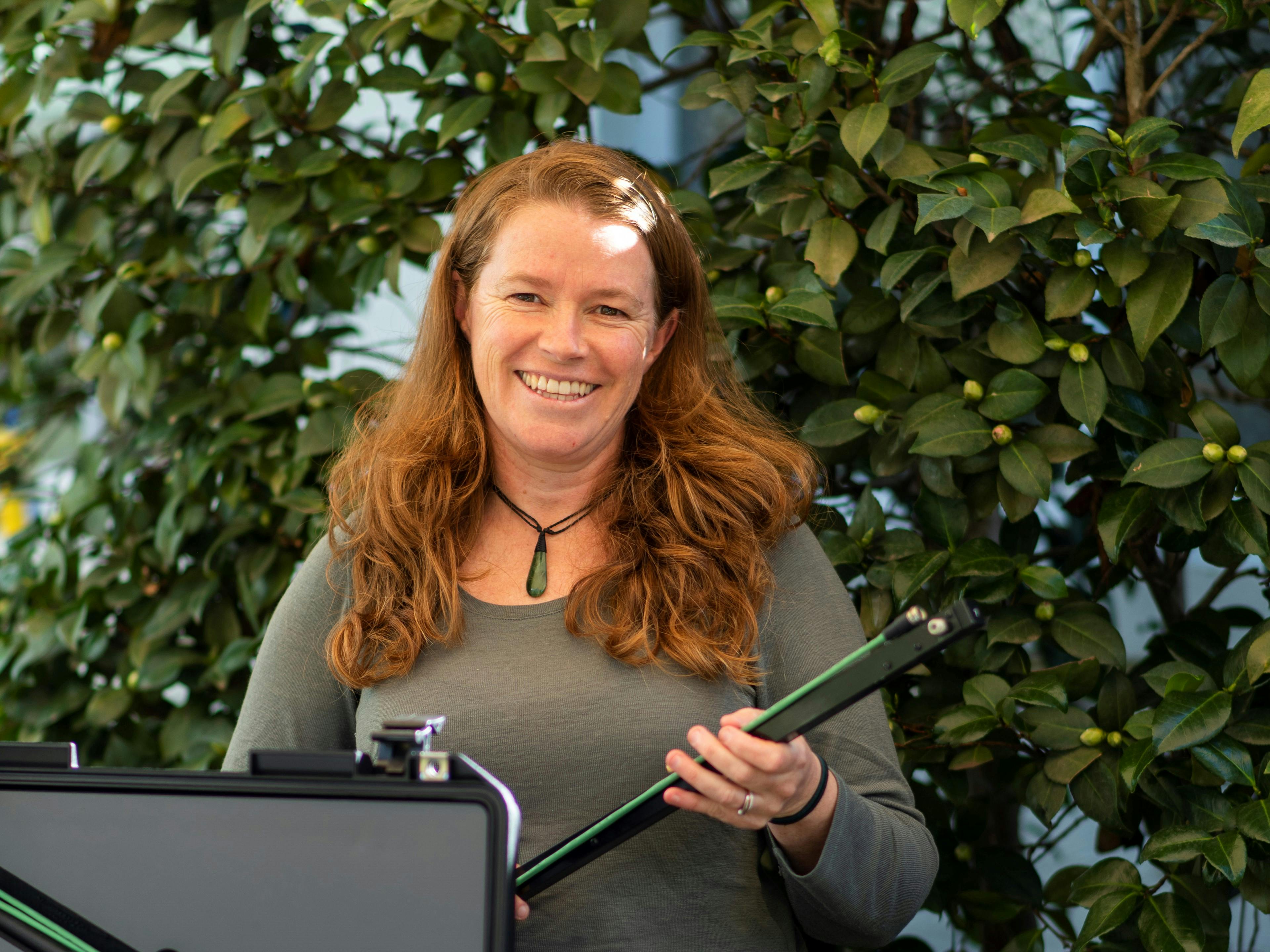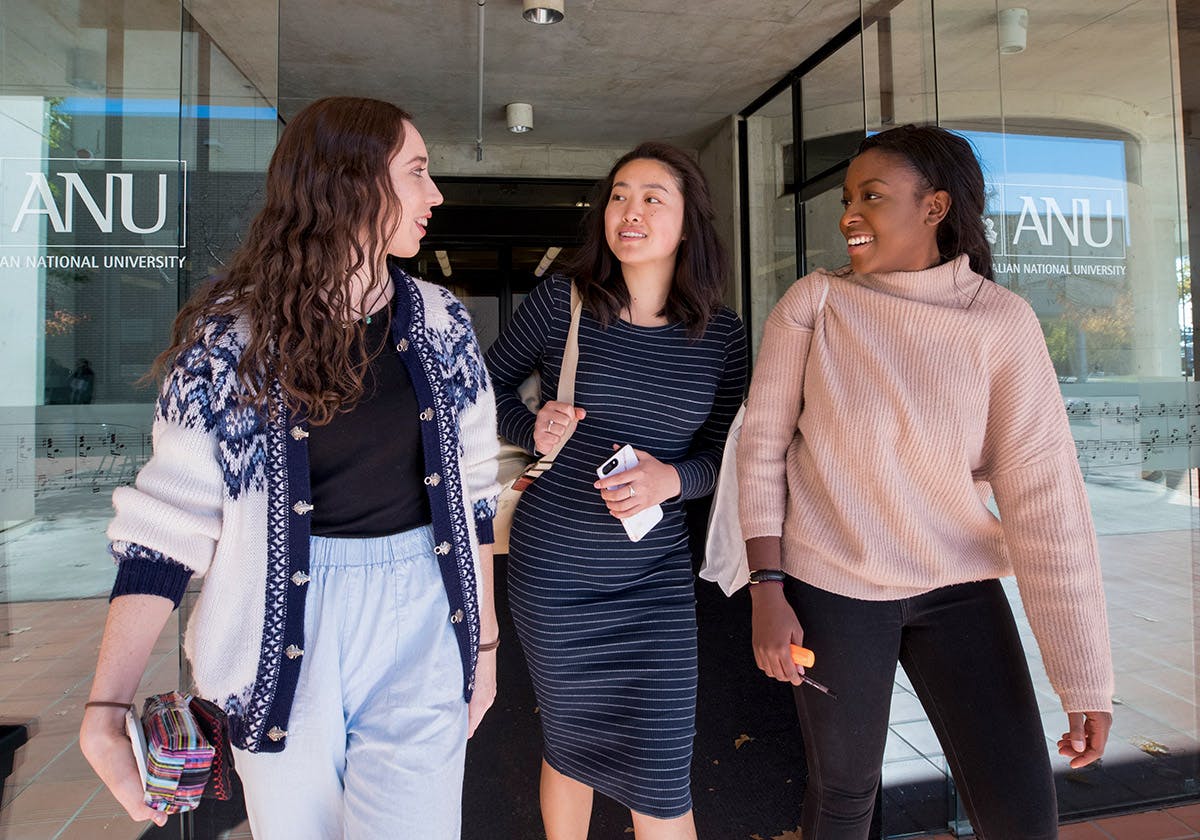
All these ideas walking around in a single location.
Whether it’s boosting crop productivity and climate resilience, reducing emissions or minimising biosecurity threats, leading experts from Canberra’s Agrifood Innovation Institute (AFII) are tackling some of the world’s most pressing sustainability problems.
An initiative of the Australian National University (ANU), AFII brings together specialists in STEM, social science, policy and regulation, who co-work with businesses in a flourishing academic centre, exchanging knowledge and building research impact. Future-proofing Australia’s food production system is also at the centre of AFII’s role.
Start-ups to more established businesses conduct R&D, secure funding and exchange ideas in AFII’s Agrifood Hub, alongside Australia’s best researchers. Professor Owen Atkin, director of the AFII, says AFII gives industry experts the opportunity to interact with world-leading researchers at both the ANU and the Australian Government’s Commonwealth Scientific and Industrial Research Organisation (CSIRO). Because of that, it’s the perfect launchpad for business expansion.
South-east Asia in your sights
Professor Atkin believes businesses can’t go past the ANU for specialised understanding of South East Asia’s cultural, geo-political and regulatory aspects. One of the university’s foundational colleges was the College of Asia Pacific, and international companies basing themselves in Canberra can leverage this depth of knowledge.
“Australia is an English-speaking-governed country with appropriate laws that will protect their IP,” he explains. “So it’s a safe environment business-wise, but with a reasonably good physical location in the same time zone. For many South-east Asian Pacific nations, it’s easier for them to do business in real time, with relatively short distances to travel.”
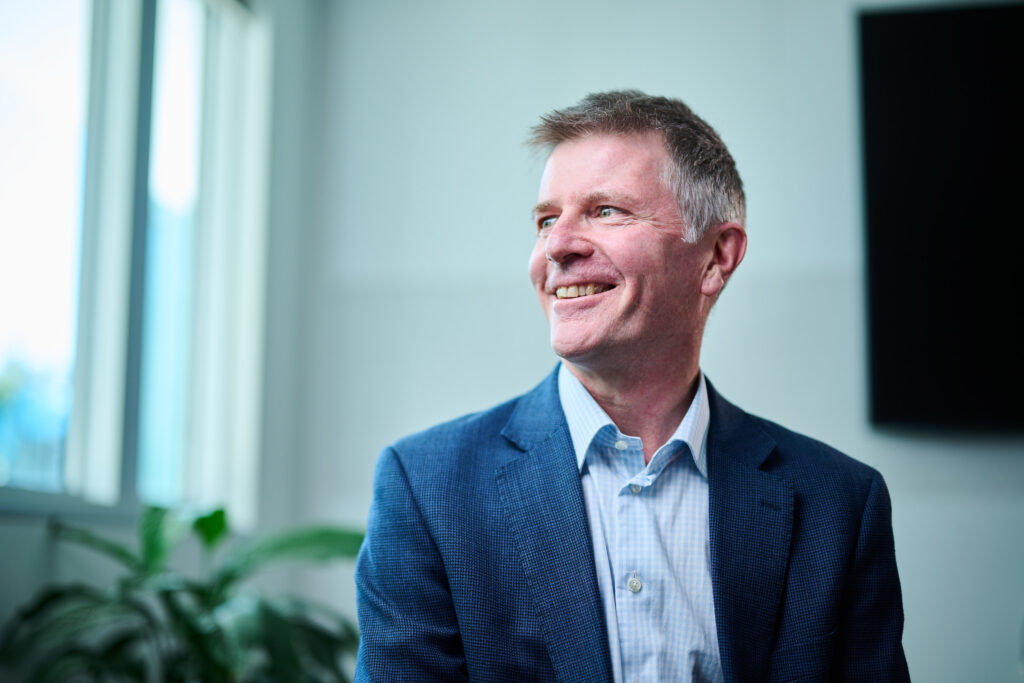
The only Australian university with its own Federal Act of Parliament
The Federal Government has invested heavily in the ANU since the 1940s, resulting in world class infrastructure and attracting world class researchers, including in the area of agriculture.
“There’s a focus on research-led teaching and world-class research and discovery. We can leverage that knowledge to create outcomes that are really important for industry. It’s relevant for a whole range of stakeholders,” Professor Atkin says.
“We interact regularly with the Department of Agriculture, as well as the climate change industry, and that gives us a good sense of where some of the big challenges are occurring that the nation is facing,” he adds. “It enables us to start looking at the ways in which the university ecosystem can provide research capabilities that would support those national needs.”
“This translates into great opportunities for us to look for ways of leveraging our knowledge-based economy to create change in society locally, with more jobs, but with an impact across the country and beyond.”
Meet the right people and get decisions made
Canberra’s size means that you can meet the right people and tap into the decision making process more easily, says Prof Atkin. It’s a view shared by AFII’s deputy director, Dr Alison Bentley, who has recently moved to Canberra after 18 years working abroad.
“There are lots of opportunities for Australian science and agriculture to connect internationally,” Dr Bentley says.
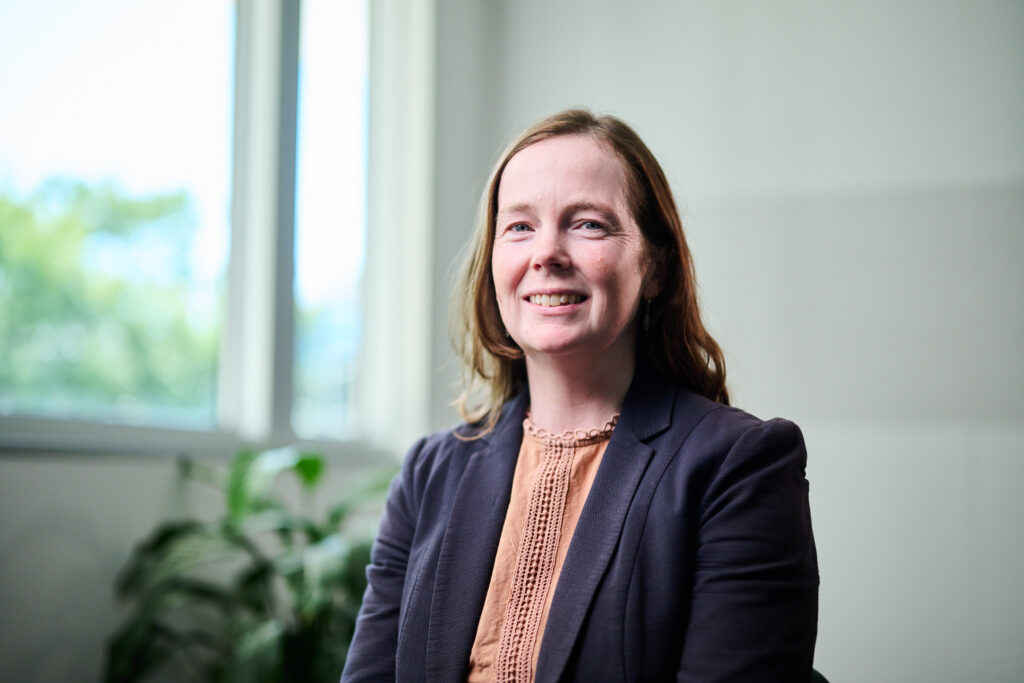
“Being at ANU, a place with so many different disciplines and such a depth of expertise across such a range of areas of work, is really exciting.
The opportunity to work with startups pushing the boundaries of technology drew Dr Bentley to Canberra.
“You have CSIRO doing amazing work … and then many startup businesses trying to really push the boundaries of what technology can deliver,” she says. And the intersection with decision makers makes the difference.
“You have people who are really able to take that information and digest it and put it into an actual policy framework or a regulatory framework which will actually change how we do things and why we do things,” Dr Bentley says.
“I think that really coming together all the way along that chain from the basic research through to real decision making and the ability to to effect change in practice is really attractive.”
A concentration of experts addressing global challenges
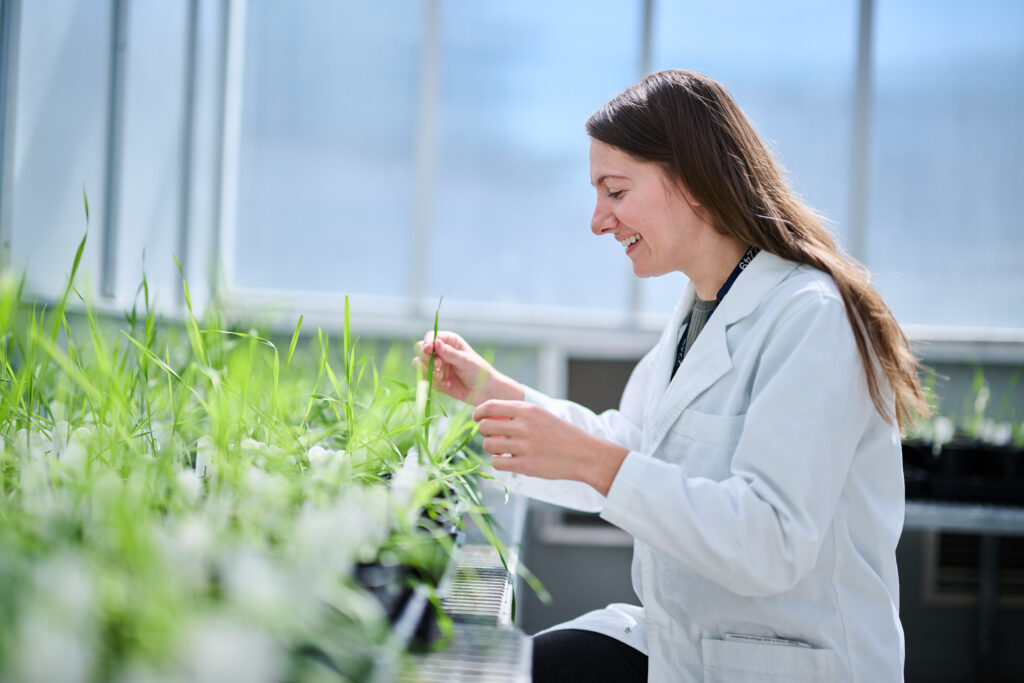
Dr Bentley has noticed how easy it is to connect with interesting people in Canberra, working on really important problems.
“It’s a relatively small place with lots of people doing lots of exciting things,” she explains. “Every encounter almost, over coffee, over sport, taking the kids to school is something that sparks a conversation that is really exciting and can potentially lead to some change in the future.”
She’s also noticed Canberra’s strong innovation mindset.
“There are lots of people who are willing to think differently. I’m not sure if that’s about the place or about the people that are attracted to Canberra… it’s all these ideas walking around in a single location.


